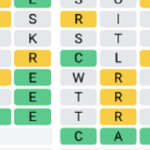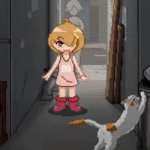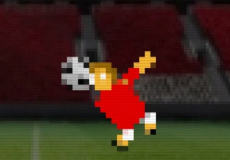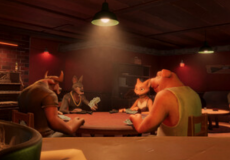
Evolution
Advertisement
Evolution is a board game that focuses on species development in a shared and limited environment. Players are given the task of creating species and helping them survive across multiple rounds. Each species must find food, avoid predators, and respond to changing conditions on the board. Players use cards to influence traits, shape interactions, and determine whether their species thrive or go extinct. The competition centers around food sources and the constant need to adapt strategies as other players evolve their own creatures.
Advertisement
Similiar games
Evolution is a board game that focuses on species development in a shared and limited environment. Players are given the task of creating species and helping them survive across multiple rounds. Each species must find food, avoid predators, and respond to changing conditions on the board. Players use cards to influence traits, shape interactions, and determine whether their species thrive or go extinct. The competition centers around food sources and the constant need to adapt strategies as other players evolve their own creatures.
Trait Development And Ecosystem Control
During each round, players can use cards to modify their species by adding new traits, increasing population, or creating entirely new species. Traits define how a species behaves, feeds, or defends itself. Some traits offer advantages in gathering food, while others serve as protection against threats. As species evolve, the ecosystem becomes more complex. Players must pay attention not only to their own strategy but also to what others are building, as interactions between traits shape the outcome of each round.
Game Phases And Decision Points
Evolution is played in structured rounds where players follow a series of repeated steps:
· Draw a set of trait cards
· Choose one card to influence food supply
· Assign traits to species or create new species
· Feed species in turn order
· Resolve population increases or losses
These steps create a cycle of growth, decline, and adjustment. Each choice affects how a species performs, and small decisions can have long-term effects. The shared food pool means that players often compete directly, especially when resources are low or when carnivorous species enter the board.
Population Management And Risk
To succeed in Evolution, players must maintain balance between population growth and food access. Large populations generate more points but also require more food to survive. If a species cannot eat, it loses population. Carnivores can attack others to gain food, but this creates tension and invites retaliation. Meanwhile, defensive traits can protect species but limit other development options. Every action carries a trade-off, and players must consider whether to invest in aggression, defense, or adaptability depending on the board state.
Evolution presents a system where change is constant. The board conditions shift every round, and no single strategy works in every situation. Players need to observe, adjust, and sometimes take risks to gain an advantage. The result is a game about survival and adaptation, where progress depends on understanding both the mechanics and the behavior of opponents within a fragile and competitive ecosystem.
Discuss Evolution
























